15 Quick Tips For Any Disaster
No one knows when disaster will strike. It could be a tornado, hurricane, earthquake, or something as simple as a power outage. But being prepared can make all the difference when it does happen. Here are 15 quick tips to get you started on your way to being better prepared for any emergency. I highly recommend my friend Ray White’s book, Bugging In
What Disasters Should You Prepare For?
No one knows when or how a disaster will strike, but it’s best to be prepared for anything. From hurricanes to wildfires, there are all sorts of disasters that can occur. So, what should you prepare for? Here is a list of the top disasters you should consider trying to be ready for based on where you live, how often your area is affected, and your family and financial situation:
- Hurricanes
- Terrorism
- Tornadoes
- Volcanoes
- Floods
- Mudslides
- Wildfires
- Nuclear accidents
- Earthquakes
- Chemical spills
- Snowstorms and Extreme Cold
- Gas leaks
- Power Outages
Keep in mind that you don’t need to prepare for each one of these disasters. In fact, you should strive to prepare for disasters that are likely to occur in your area. For example, if you live in California, you should focus on preparing for earthquakes and wildfires. If you live in Florida, hurricanes should be your top priority.
Items I Recommend:
- Lavario Portable Washing Machine (Currently Unavailable)
- “Prepare Your Family For Survival” by Linda Loosli
- OLights Flashlights
- Solar Flashlights
- WaterBrick 3.5 Gallon
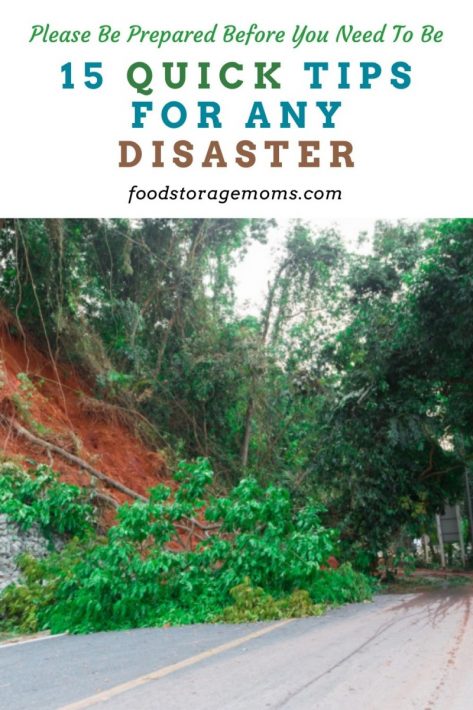
15 Quick Tips for Any Disaster
In an emergency, time is of the essence. The following quick tips will help you to be better prepared for whatever disaster may strike.
Know Your Area
One of the best ways to prepare for a disaster is to familiarize yourself with the area where you live and what are the most common challenges you’re likely to face. Knowing the lay of the land can help you properly prepare to “bug in” your home, or prepare to “bug out” when you’re told to evacuate quickly and efficiently in the event of an emergency.
It also helps to know what resources are available in your areas, such as shelters, food and water sources, and medical facilities. Familiarizing yourself with your surroundings can also help you identify potential hazards, such as areas that are prone to flooding or landslides. In addition, knowing your neighbors and building a strong sense of community can be invaluable in times of crisis.
By taking the time to get to know the area where you live and prepare for common issues that may be unique to your area, you can be better prepared for whatever life throws your way.
Create an Emergency Plan
Another way to prepare for a disaster is to create an emergency plan. Start by making a list of potential disasters that could occur in your area, such as a fire, flood, or earthquake. Then, determine what you would need to do to be properly prepared in each case.
For example, if there was a wildfire, you would more than likely need to evacuate the area immediately. If there was a flood, you would need to find higher ground or evacuate to a totally different location and stay there until the water receded. By taking the time to prepare now, you can make sure that you and your family are prepared for anything that comes your way.
Build an Emergency Kit
One of the most important things you can do to prepare for a disaster is to build an emergency kit. This kit should include everything you need to survive for at least 72 hours, including food, water, and medical supplies.
In addition, your emergency kit should also include a flashlight, radio, and spare batteries. It’s also a good idea to include cash, as ATMs may not be working in the event of a power outage. Finally, don’t forget to include any special items that you or your family members may need, such as prescription medications, extra clothing, or a small cooking device.
Stay Informed
In the event of a disaster, it’s important to stay informed. Make sure to have a battery-powered radio on hand, as well as a list of emergency contacts. In addition, you can stay informed by following the news and weather reports closely.
By staying informed, you can be sure that you are up-to-date on the latest information and can make the best decisions for you and your family.
Have a Plan for Evacuation
If a disaster strikes, you may need to evacuate the area immediately. That’s why it’s important to have a plan in place ahead of time. Decide on a safe meeting place where everyone can regroup, and make sure everyone knows how to get there.
In addition, identify any potential evacuation routes and make sure everyone knows which ones to take. By having a plan in place, you can be sure that everyone knows what to do in the event of an emergency.
Practice Makes Perfect
Once you have your emergency plan in place, it’s important to practice it. That way, if a disaster does strike, you’ll be prepared and will know what to do. Practice evacuating your home, and make sure everyone knows the route to take and the safe meeting place.
The American Red Cross indicates that two minutes is a critical timeline when it comes to evacuating your home when you experience a home fire. They suggest frequent “tests” that are timed so you know if you’re meeting that criteria or not.
In addition, practice using your emergency kit, and make sure everyone knows where it is and how to use it. By taking the time to practice now, you can be sure that you’re prepared for anything that comes your way.
Be Prepared Mentally and Emotionally
In addition to being physically prepared for a disaster, it’s also important to be mentally and emotionally prepared. This means having a positive attitude and trying to stay calm in the face of adversity.
It can also be helpful to talk to your family about their feelings on disaster preparedness. This can help ensure that everyone is on the same page and knows what to do in the event of an emergency.
Have a Communication Plan
In the event of a disaster, it’s important to be able to communicate with your family. That’s why it’s a good idea to have a communication plan in place.
Start by making a list of emergency contacts, and make sure everyone has a copy. In addition, choose one out-of-state contact who can be the “point person” for your family. This person can act as a central hub for information and can help coordinate communication with others in the event that you are unable to do so yourself
Keep in mind that cell phones may not work in an emergency. For more close-to-home communication I’ve always suggested families buy walkie-talkies and have neighbors do the same. By using the same channel you can talk to those you’ve pre-planned with and communicate your needs, concerns, or unique emergency issues like injury or sickness so help can be called in.
Include Pets in Your Plans
Don’t forget to include your pets in your disaster preparedness plans. Make sure to have a list of pet-friendly hotels and shelters on hand, as well as enough food and water to last them for at least 72 hours.
In addition, it’s a good idea to keep a collar with ID tags on your pet at all times. That way, if they do get lost, you can be sure they’ll have the necessary information so others are able to help them find their way back to you.
Disaster-Proof Your Home
There are a few simple things you can do to disaster-proof your home. Start by securing loose items, such as outdoor furniture and decorations. In addition, make sure to trim trees and shrubs around your home to reduce the risk of damage during a storm.
You should also consider investing in some basic disaster-proofing supplies, such as plywood to cover windows and sandbags to help prevent flooding. By taking these simple steps, you can help reduce the damage to your home in the event of a disaster.
Learn First Response Techniques
In the event of a disaster, every minute counts. That’s why it’s important to learn some basic first response techniques. This can include things like CPR and first aid. In addition, it’s also a good idea to learn how to turn off the utilities in your home. This can help prevent further damage in the event of a fire or water leak. By taking the time to learn these basic techniques, you can be sure that you’re prepared to handle the common emergencies that come your way.
Start an Emergency Fund
One of the best ways to prepare for a disaster is to start an emergency fund. This can help you cover the cost of repairs and other expenses in the event that your home is damaged. Ideally, you should aim to save at least three months’ worth of living expenses. However, even a smaller amount can be helpful in the event of an emergency.
You can start an emergency fund by setting aside a small amount of money each month. Or, if you have extra money, you could consider investing it in a high-yield savings account. Either way, having an emergency fund can give you peace of mind knowing that you’re prepared for anything.
Keep Important Documents in a Safe Place
In the event of a disaster, it’s important to have quick access to important documents. This can include things like your passport, birth certificate, and insurance information.
Keep these documents in a waterproof and fireproof safe, or consider storing them electronically. That way, you can be sure they’ll be available when you need them.
Stockpile More If You are Able
One of the best ways to prepare for a disaster is to stockpile supplies. This can help you be self-sufficient in the event that you’re unable to leave your home or access essential services.
Start by stocking up on non-perishable food and water. You should also consider stockpiling other essentials, such as medicine, first aid supplies, and batteries. I suggest having at least a 3-month supply, not just 3-days.
Stay Safe
Above all else, it’s important to stay safe in the event of a disaster. When evacuation is not possible, make sure to find a safe place to shelter in place. This could be an interior room on the lowest level of your home, or a basement if you have one.
In addition, it’s important to stay away from windows and doors and to avoid using the elevators if you live in a high-rise building. If possible, you should also bring a mattress or blankets with you to help protect yourself from debris.
Resources to Help with Preparedness:
Final Word
By following these tips for any disaster, you can be sure that you’re prepared for anything. So, take the time to stock up on supplies and learn some basic first response techniques. That way, you’ll be ready when disasters do occur. Based on your own experiences, if you have other practical tips to share please use the comments section below. May God Bless this world, Linda
Copyright Images: Natural Disaster Depositphotos_86797960_S by wyoosumran

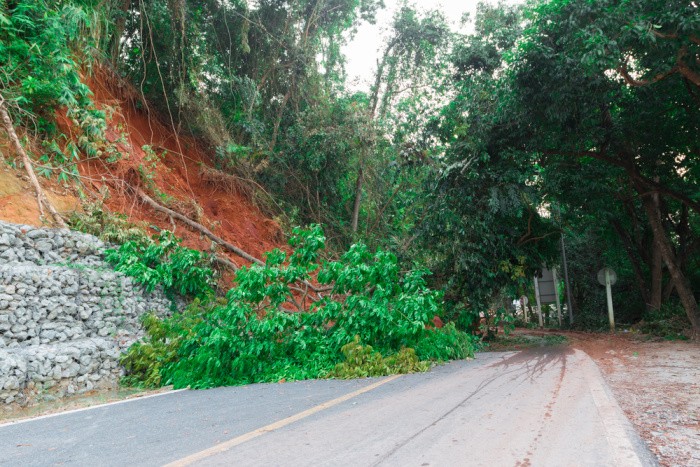

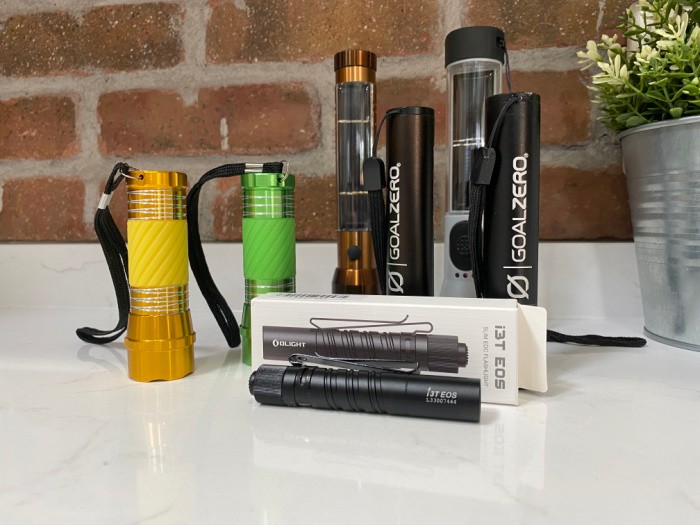
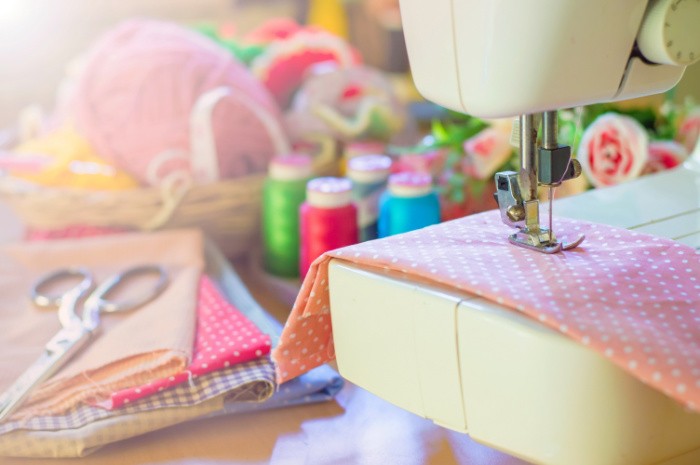
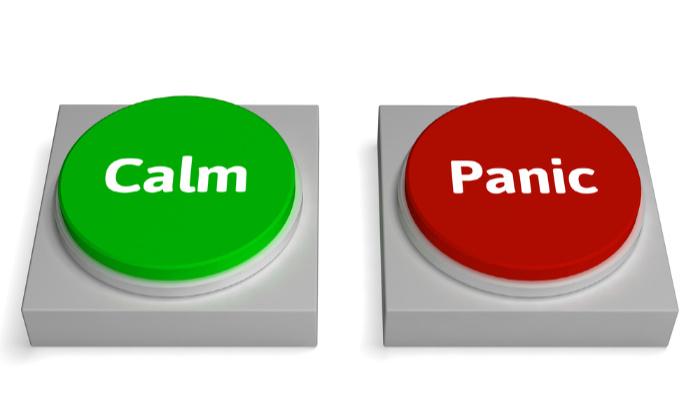
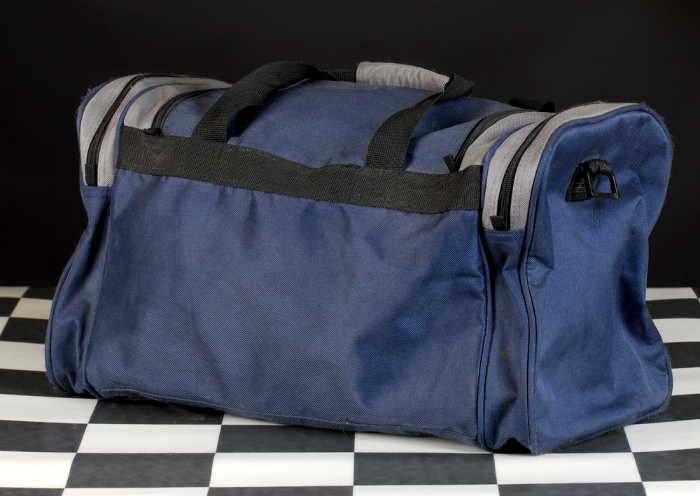

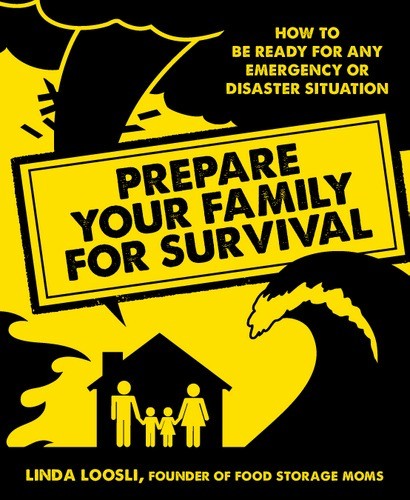











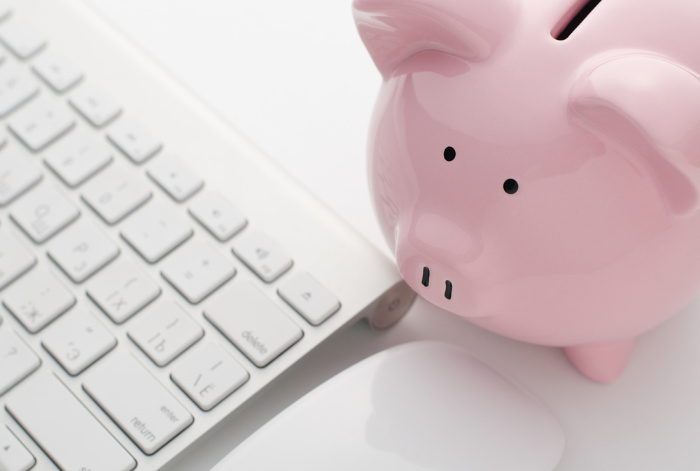

Hi Linda! Several years ago we had a lot of rain! A lot! Part of the road we used to get to town washed away. Another road was flooded. Needless to say, we were stuck at home for a while. Luckily, we had enough food and such that we were OK. Others, were t so lucky, but they had to do without. It took a while for the road to get fixed, but not a real long time. This taught me to be prepared for anything to happen. I already knew this, but it also taught others the same thing.
You post so much good information to us. It has and continues to help me be prepared for whatever comes my way.
Hi Deborah, thank you for your kind words, my sweet friend! Sometimes it takes a serious situation to impact people to get it or understand the need. Great comment! Linda
Linda, at my age, I don’t remember details as well as I should. This is to say thank you for the print feature of your posts. I have multiple three ring binders printed for reference that I can source for those emergency situations that are coming. Along, with your book and Mr. White’s we continually work on preps. Short of a tornado ripping us apart, we’ll make it through the worst. Thanks again for your concern for your fellow man.
Hi Joy, thank you for your kind words, my sweet friend! I love hearing you have binders with written information. I was just thinking today, that I need to print out more of my recipes on my blog. If we lose power, I want to make a chocolate cake! Or cinnamon rolls! Having information in a binder is critical! Good job Linda
Just a small thought Linda, my husband and I are on several medications. I divide all our medication into daily dispensers. I try to stay 8 weeks ahead, so if we need to leave I have them ready. This way, we don’t have to rely on our memories and risk missing a dosage, especially if there is an emergency.
Stay safe and healthy.
Hi Chris, I love this idea, I do 30 days but 8 weeks sounds even better. Love this, Linda